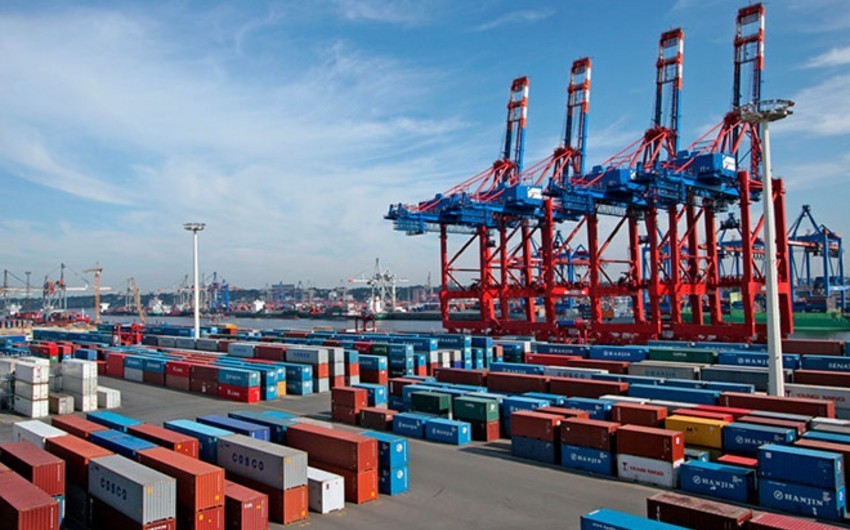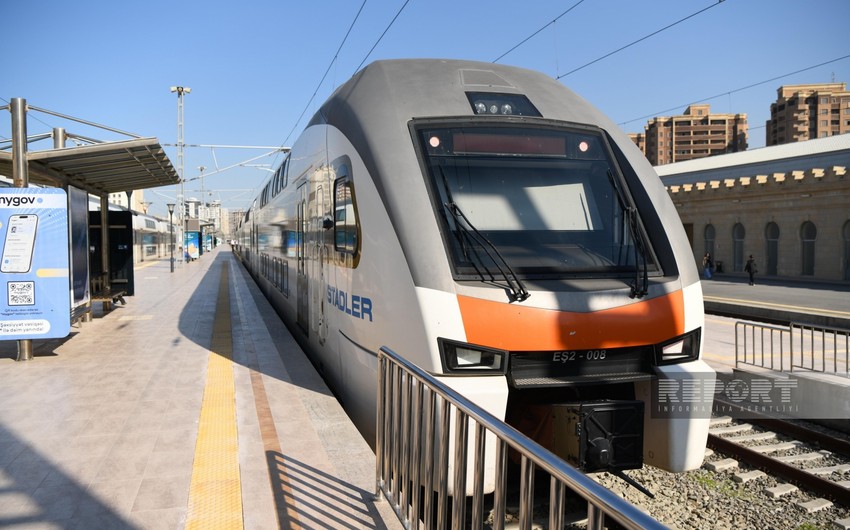Tajikistan is actively cooperating with international donors in the creation of logistics centers to ensure efficient cargo transportation along the Middle Corridor (Trans-Caspian International Transport Route, TITR), the Ministry of Economic Development and Trade of Tajikistan. EDnews reports citing "Report"
The ministry emphasized that Tajikistan is actively cooperating with Uzbekistan, Turkmenistan and other countries in the region: "Agreements on mutual discounts on rail transportation have been concluded. Similar initiatives are being considered with other partners to facilitate further growth in the volume of transit cargo."
As noted by the ministry, Tajikistan pays special attention to the development of transport and logistics infrastructure, especially in the context of agricultural exports: "The country produces a significant volume of perishable agricultural products, for the export of which fast and efficient logistics services are required - from packaging to shipment."
It is for this reason that the topic of logistics and participation in the Middle Corridor became key during the meeting of the seventh intergovernmental commission, held in Dushanbe. According to the ministry representatives, the parties are making efforts to actively promote the development of transport and logistics infrastructure.
The Ministry of Economic Development of Tajikistan also noted that the country is taking steps to integrate into the use of the Middle Corridor, part of the cargo turnover of which passes through the territory of Azerbaijan.
"We are also participating in the development of the transport strategy of Central Asia, the purpose of which is to optimize the use of the route by the countries of the region," the ministry emphasized.
In 2024, the volume of cargo transportation along the TITR increased by 62%, reaching 4.5 million tons. In 2025, a further increase to 5.2 million tons is expected, of which 4.2 million tons will pass through the countries participating in the route. Of this volume, 2.5 million tons will be dry cargo (equivalent to 96,000 TEU), and 1.7 million tons will be oil. The route’s capacity could reach 10 million tons per year by 2027, which will create a sustainable basis for expanding Azerbaijan’s transit potential and attracting additional investment in infrastructure.










